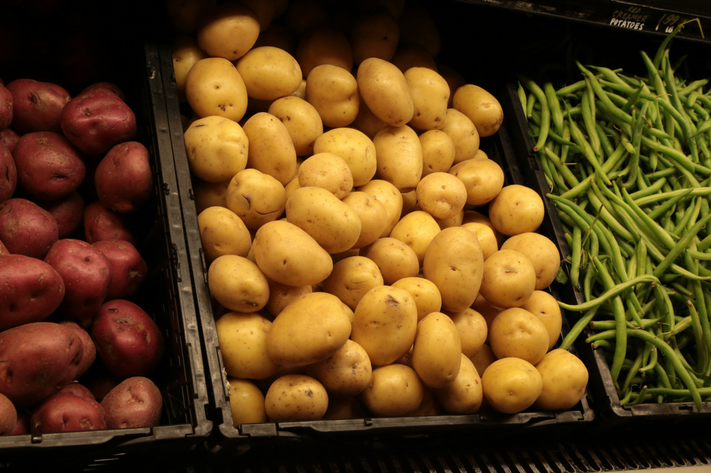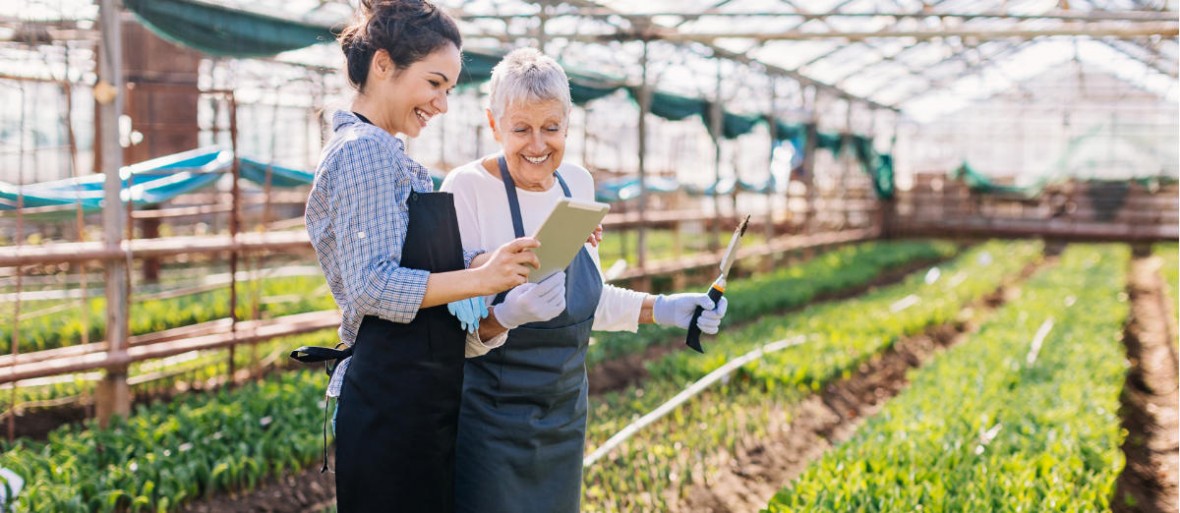IFCO’s Comparative Life Cycle Assessment of Reusable Packaging Container and Display- and Non-Display-Ready Corrugated Containers Used for Fresh Produce Applications (LCA) has been recently updated with new information. Here are some things you need to know about LCA studies in general, and the latest IFCO update study in particular:

Professionally conducted, third party LCAs offer a standardized approach to determining the environmental impact of products so that customers can readily make "apples to apples" comparisons about their packaging options as they look to make their supply chains more sustainable. LCAs also provide a baseline for suppliers, enabling them to quantify the gains they are achieving in their sustainability efforts over time.
The IFCO LCA was conducted by Franklin Associates, a nationally-recognized life cycle assessment and solid waste management consulting firm, in accordance with ISO standards 14040 and 14044. Results were peer-reviewed by leading packaging and LCA experts from the School of Packaging at Michigan State University and the Center for Sustainable Systems School of Natural Resources and Environment at the University of Michigan, and an LCA consultant who is a former U.S. EPA LCA manager and current editor-in-chief of the International Journal of Life Cycle Assessment.
Repeated container reuse is at the heart of IFCO’s superior sustainability performance.about 33/1000ths of the environmental impact of RPC container production is experienced on a per-trip basis.The
The new study examined eight environmental indicators, including energy demand, global warming potential, ozone depletion potential, water consumption, acidification, eutrophication, photochemical smog, and solid waste generation. As defined in the analysis, IFCO RPCs deliver substantial environmental savings for delivering fresh produce in North America compared to fiber corrugated containers. The 2017 LCA shows, compared to display-ready corrugated boxes, RPCs:
IFCO is dedicated to providing a share and reuse business model that will help advance the goal of a Circular Economy that results in zero emissions and zero waste. To find out more about how IFCO RPCs contribute to improving your sustainability results, visit www.ifco.com.
Stay up to date
Want the latest fresh food packaging industry knowledge delivered straight to your inbox? Subscribe to our newsletter and get the latest news, trends, articles and more!
